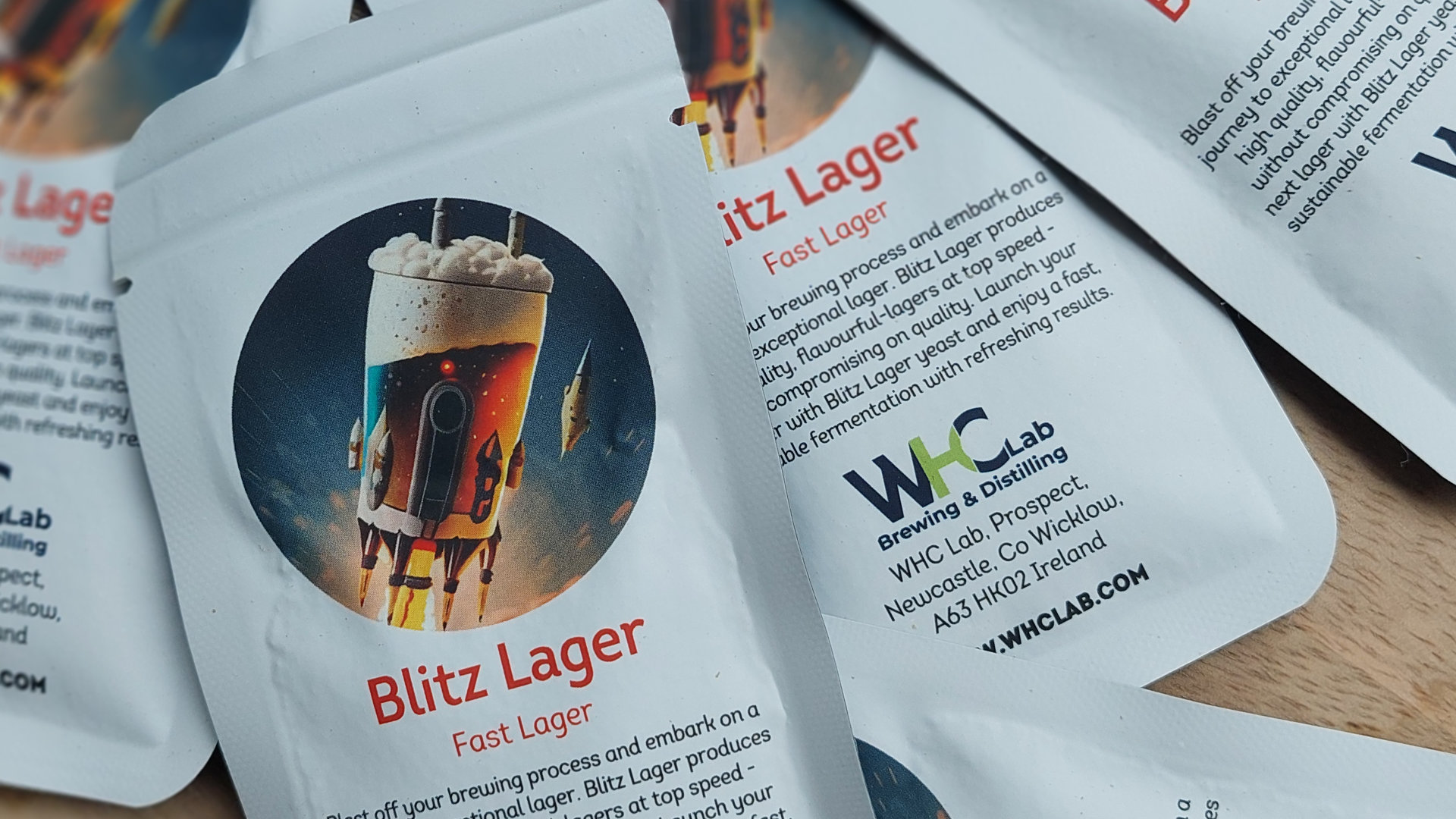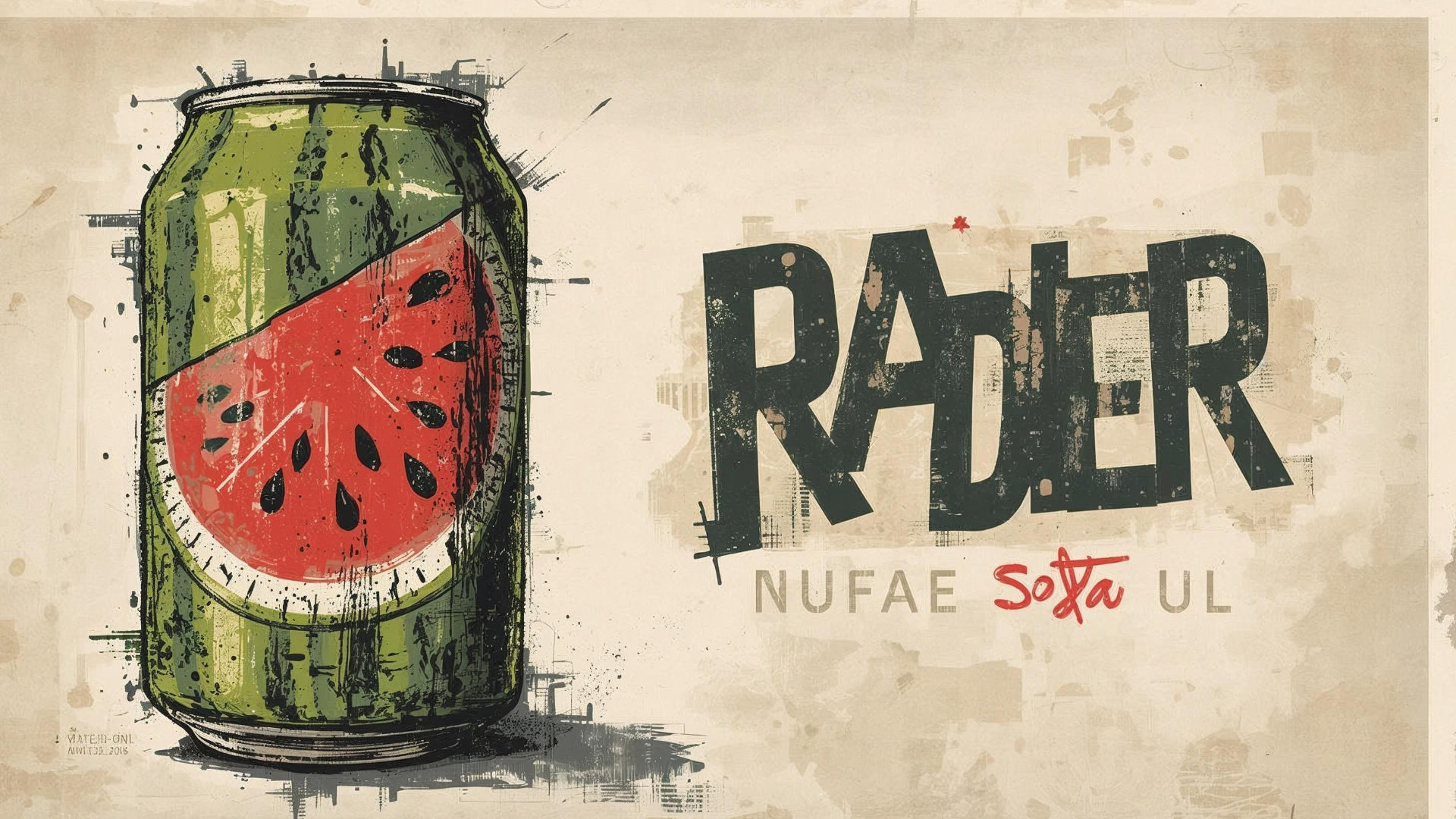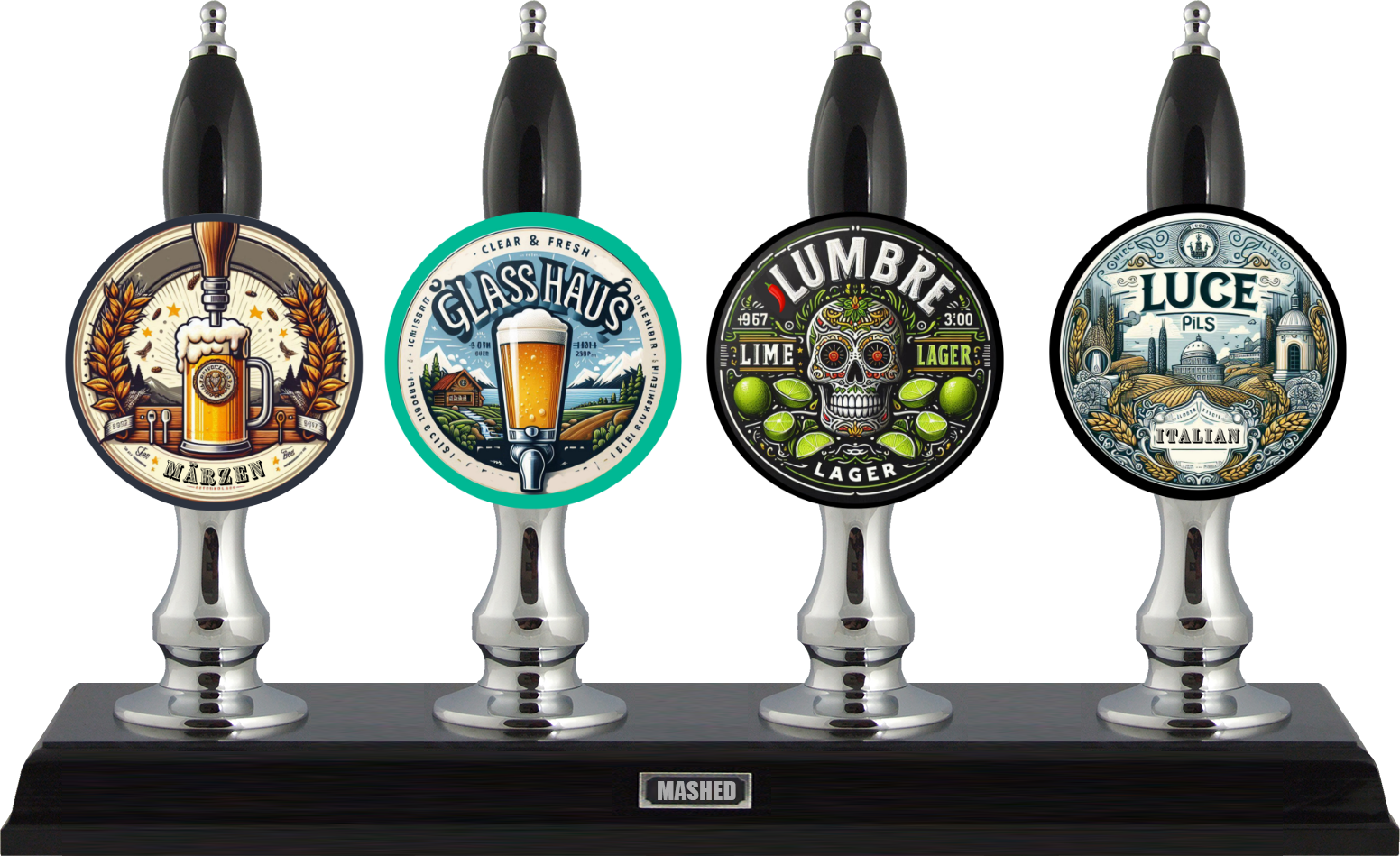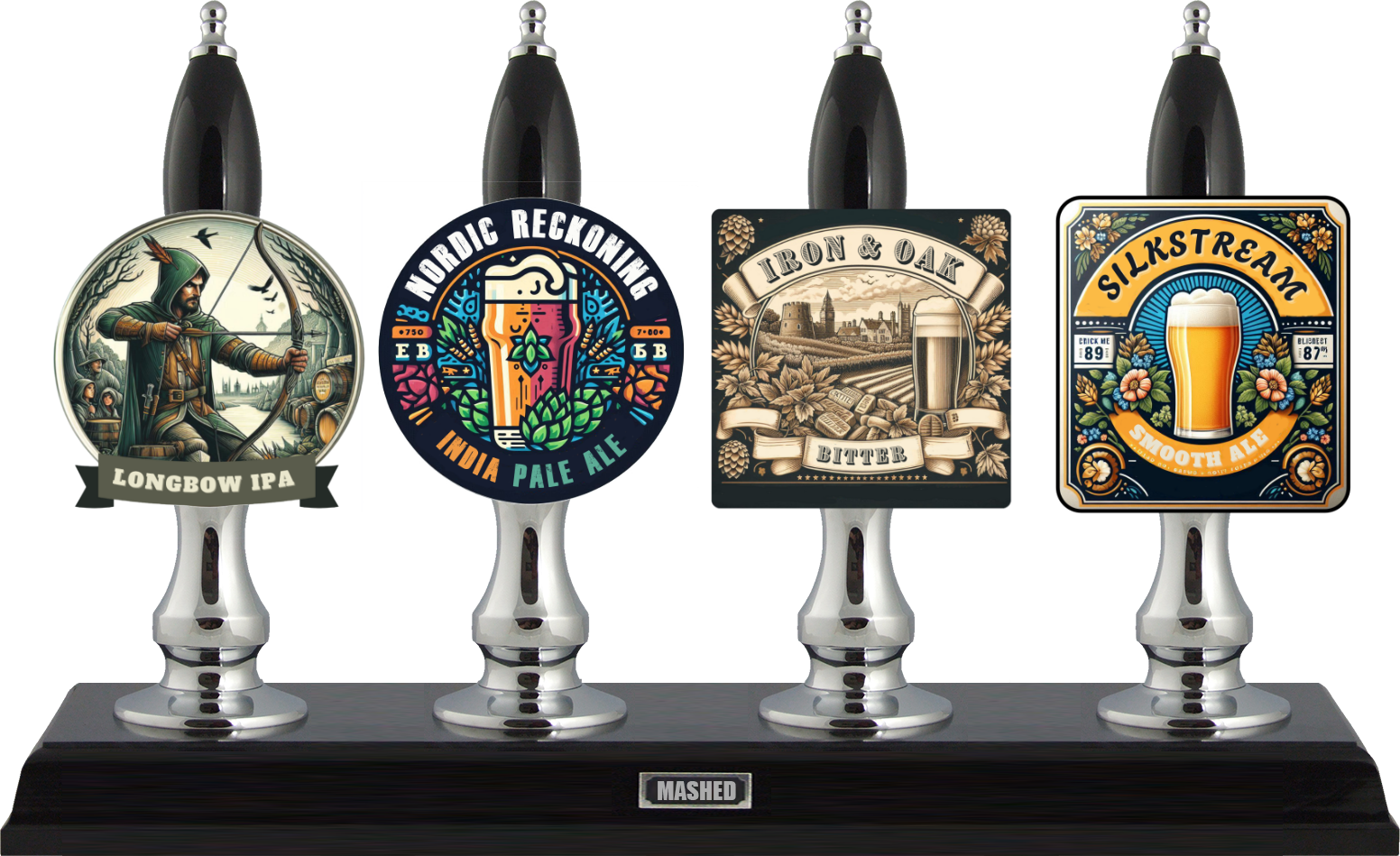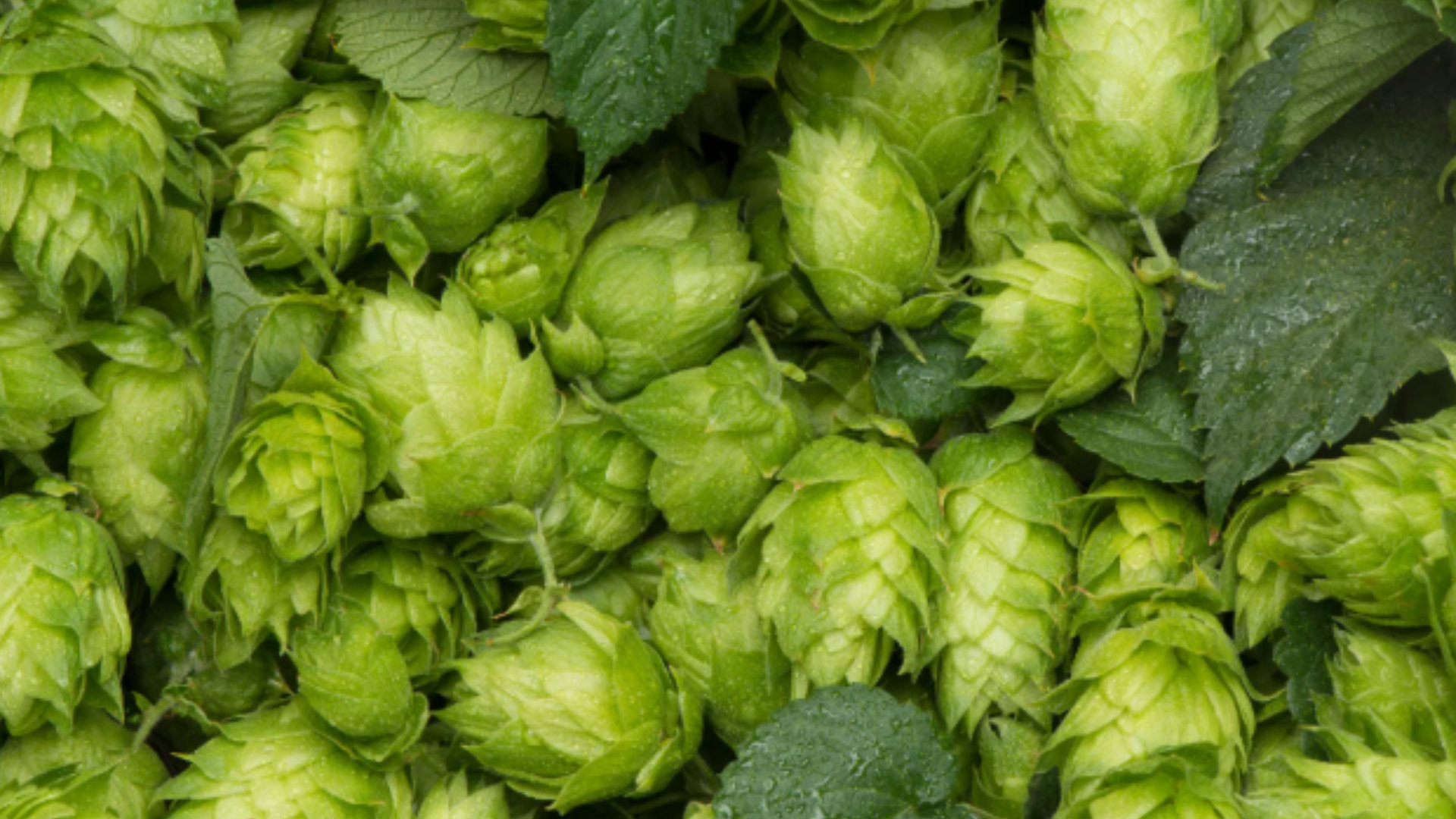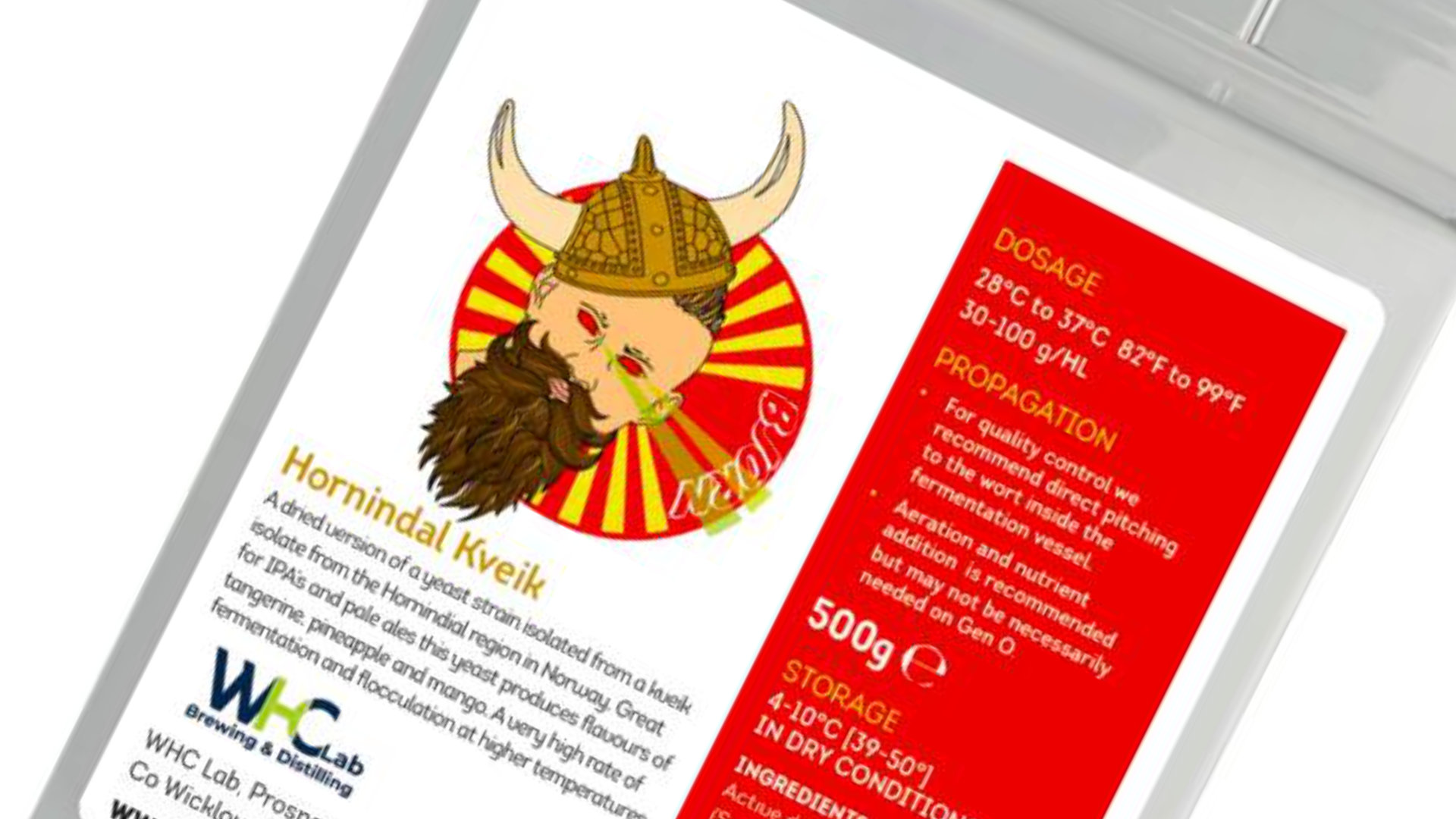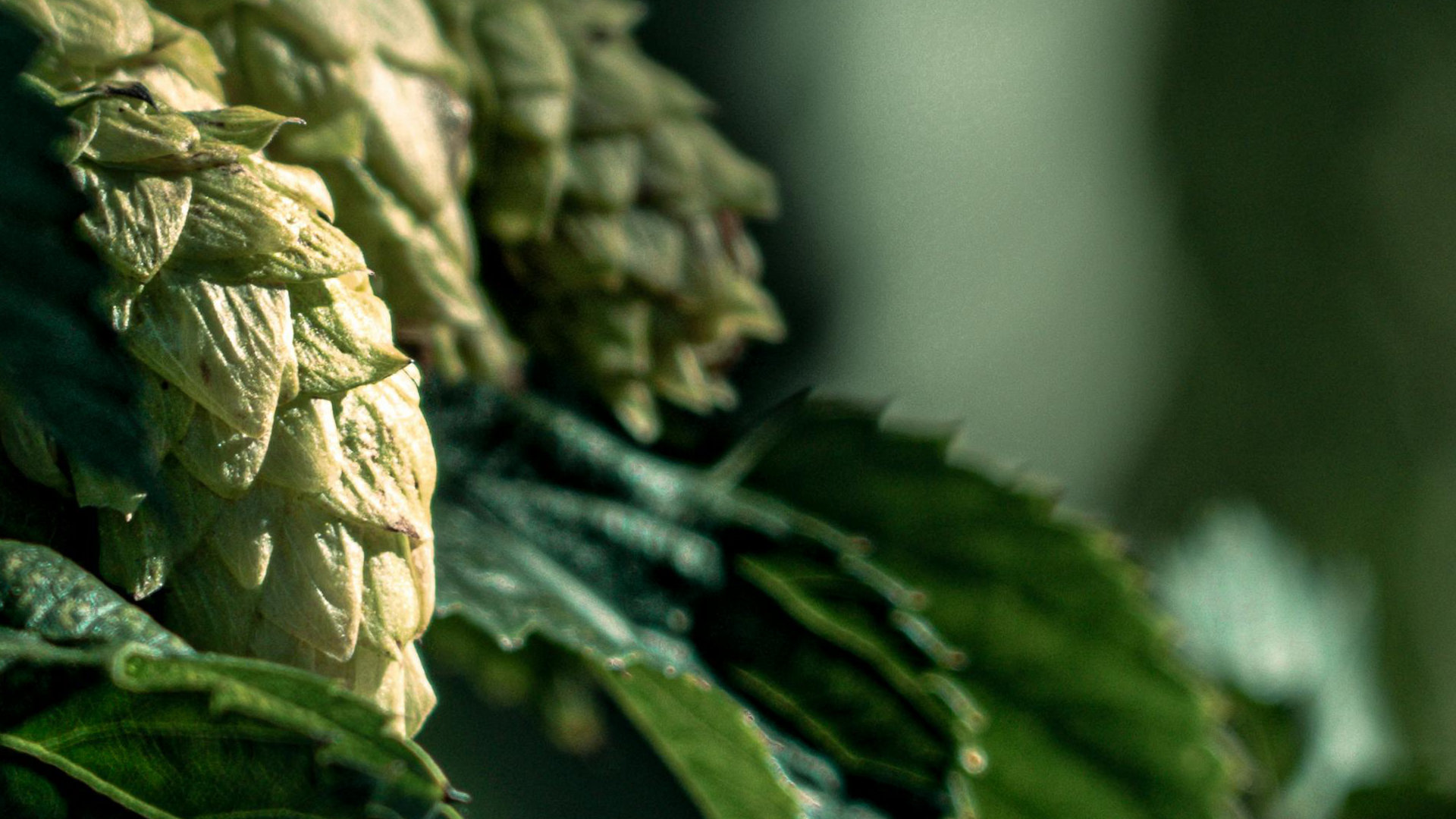It is a seasonal thing. Hedgerows full of blackberries ripe for foraging. If you are not making jam with them, make a Stout, or any other beer for that matter. You can add them to the mash, you can add them to the boil. Adding fruit to the mash and boil will add sugars to your fermentation so your OG will not be in line with your grain bill.
My preferred method is to add them to the secondary fermentation. Firstly though, you need to freeze them to kill the bugs and secondly breakdown the pectin, this is a polysaccharide which is present in fruits and is a setting agent for jams and jellies (hmm, there’s a thought! Save some additional Stout for a Blackberry Stout Jam). Let’s not forget, you can buy the berries frozen from the supermarket. The pectin is already broken down and, really, they only cost pennies, but there is just something about picking your own.
Blackberries that are added pre-fermentation will have a lot of their flavour driven off from a vigorous fermentation and what remains will be of a more wine fruit character. This is because the fruit sugar has fermented.
My preference for a fresher fruit character is with secondary fermentation. I admit there is a risk of contamination or some freaky wild Saccharomyces cerevisiae going off on one. But after three blackberry brews, I have been lucky. Before defrosting, place the frozen blackberry brick in a sanitised hop bag and place in the fridge in a sanitised sealed Tupperware container to defrost until needed. As the blackberries defrost, they will start to mush, breaking down skins and allowing more juice out. Do not forget to tip that juice in! The hop bag will capture the seeds and the flesh. Alternatively, you can go commando and just tip them in, but I would use a filter to bottle or keg for this method.
Now here is the good bit. The pH level of fruit is lower than that of beer at about 4.0 – 4.6. Although this will add some tartness to the flavour. The dark and roasted grains will complement the fruit flavour and balance the malt and tart. However, you will need to get enough blackberry flavour into the beer to manage the dark grain. I would suggest 1.5 – 2.0 kilos.
Question: As the blackberries and the dark and roasted grains have lowered the pH, you may ask whether there is any need to add salts to the water profile. Possibly not. Will it need a buffer to stop pH going too low? Do you add Gypsum to lift the hop profile and lower water pH profile even more? This part is your own personal decision.
Adding blackberries to a Stout will work with any Stout recipe. Just consider your options and choices when building your recipe. The following recipe (overleaf) is my tried and tested Breakfast Stout. It is complex, I know, but I promise you it is smooth and lush and ideal as an alternative breakfast on a day off.


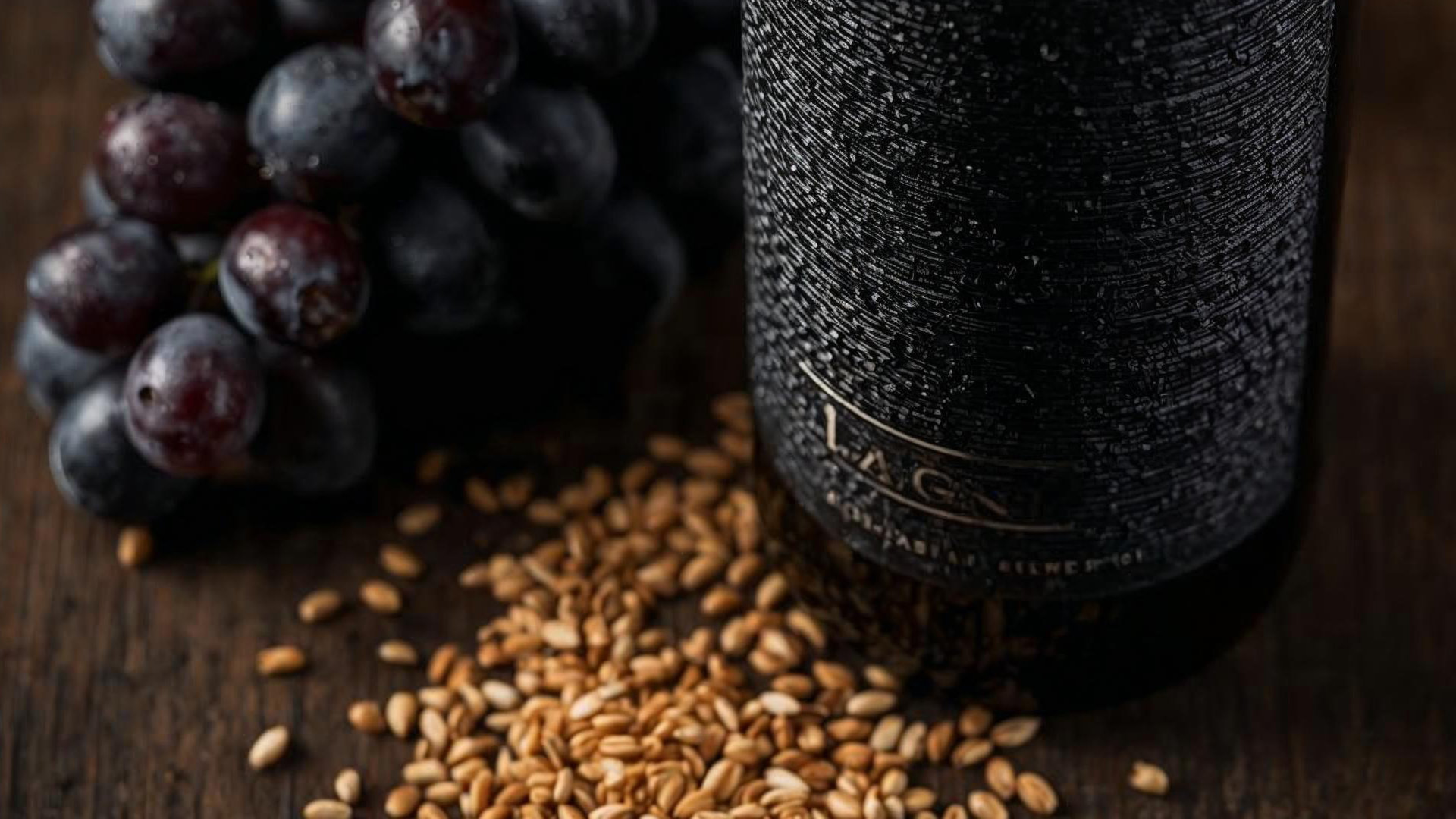
.jpg)
